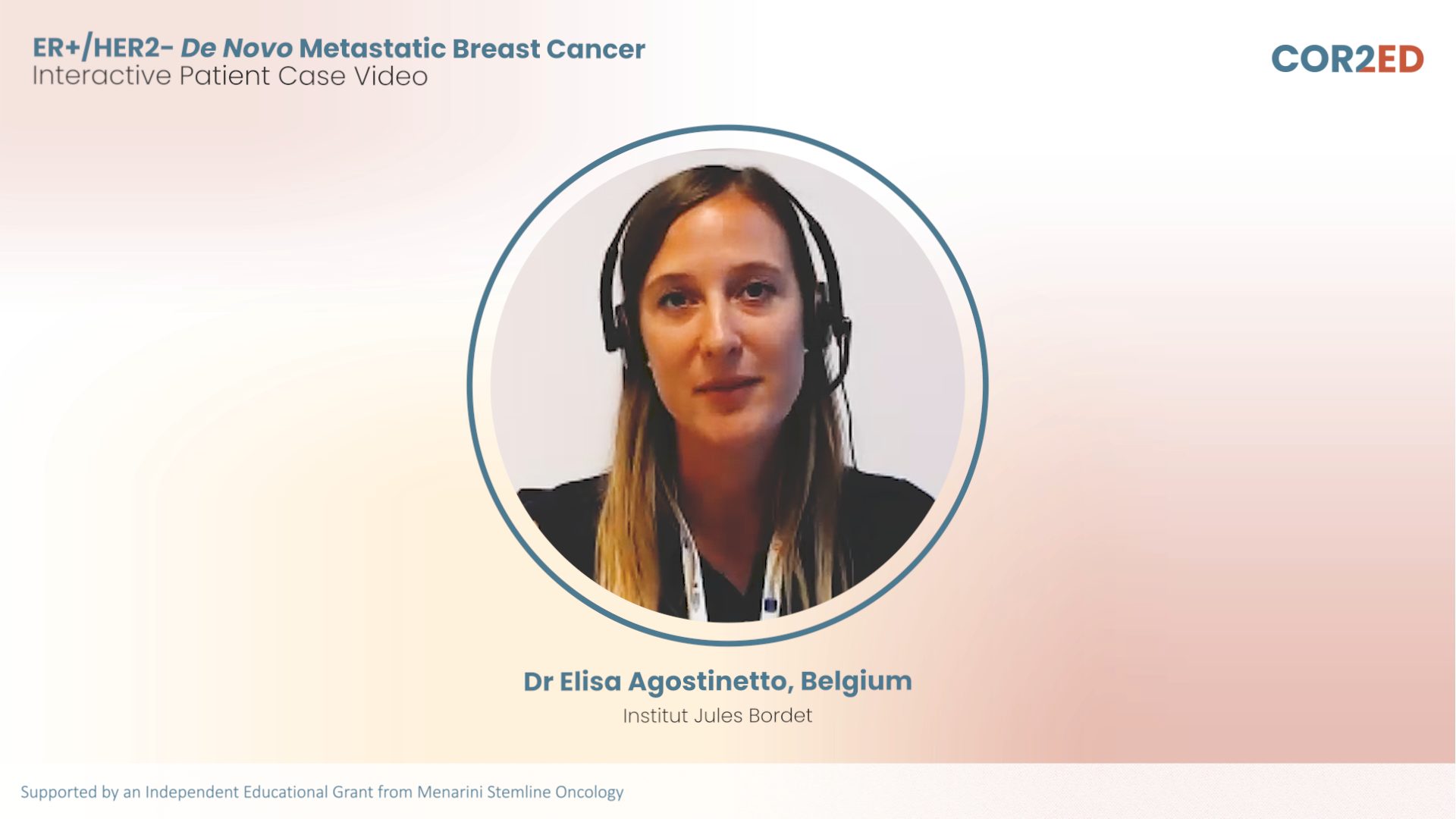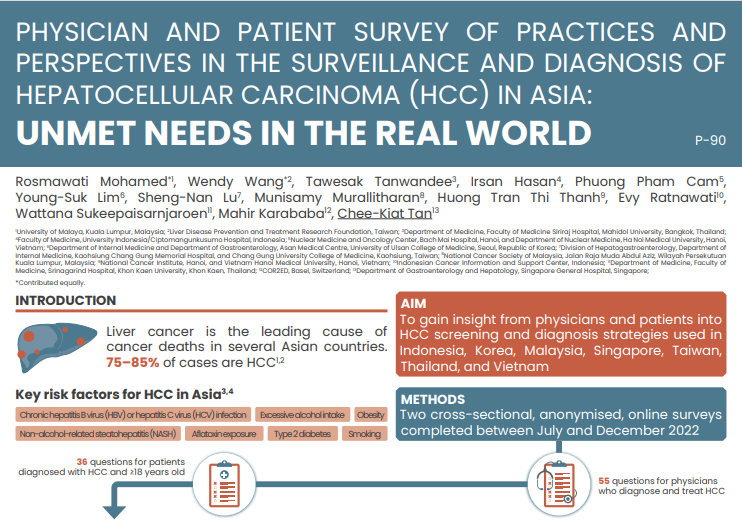My name is Brenda Martone and I’m a nurse practitioner at Northwestern Medicine in Chicago Illinois. I’m going to be discussing sequencing treatment in metastatic CRPC, common side effects and the mutual decision making process in the role of the GU nurse.
How do we decide which treatment for which patient?
Clinical factors guide treatment decision-making. Being aware of the prior treatments and looking for a novel mechanism of action. What options are available in my practice location? Is the patient a chemotherapy candidate because there are chemotherapy options available for these patients? Consideration is being looked at to avoid sequencing AR targeted agents. Does the patient have targeted DRD mutations making this patient a potential candidate to get a Checkpoint Inhibitor? Does the patient have a homologous recombination repair mutation making a PARP inhibitor an option? And always thinking about what clinical trials are available for this patient at the present time. While we may not be the prescribers of these treatments it is important for us to understand how treatment decisions are made.
How do I answer the question of what are my choices and what are the side effects?
We have our second generation AR inhibitors and it’s important to monitor for liver dysfunction and electrolytes, as well as hypertension, fatigue, and increased risk of falls for those on enzalutamide.
We have our PARP inhibitors. We monitor closely for anaemia which is the most common side effect, as well as fatigue, nausea, vomiting, diarrhoea or loss of appetite.
Chemotherapies include the taxanes which is docetaxel or cabazitaxel. Of course close monitoring of blood counts but focusing on peripheral neuropathies, it’s important to make sure our patients are buttoning buttons, zipping zippers, tying their shoes, more so in the second line setting with cabazitaxel because they’ll have already have received docetaxel and they may be starting treatment on a baseline of peripheral neuropathies.
We have our immunotherapies, Sipuleucel-T which is an autologous activated immune therapy and we have our checkpoint inhibitor with pembrolizumab. Sipuleucel-T the most common side-effects are headache, fever and chills, usually with infusion. Pembrolizumab most common side effects when you’re taking the brakes off the immune system, could be immune related.
I spend time talking to patients. Telling them they shouldn’t have nausea, vomiting, diarrhoea, shortness of breath, abdominal pain or profound fatigue. These could all indicate an immune related adverse event.
We do have radiolabelled isotopes, which is radium-223 here in the US. It is targeted to the bone, taken up by the bone, and delivers a targeted dose of radiation locally. It is associated with decreased blood count so you need to check CBC before each dose and also monitor for nausea, vomiting, diarrhoea and fatigue.
What is the role of the GU nurse in sequencing metastatic prostate cancer treatments?
I think our most important role is that of mutual decision-making. We support our patients to articulate their understanding of their condition and what they hope to achieve from treatment. We provide them an opportunity to discuss options and benefits. We discuss potential risks and management of those risks. We tell them how these risks may impact them and their existing medical conditions. We ask patients their preferences and we most definitely answer their questions.
Thank you for listening on behalf of GU Nurses CONNECT. Please go to gunursesconnect.cor2ed.com to download the slides.







 19 MIN
19 MIN
 Jul 2024
Jul 2024  Downloadable
Downloadable 




